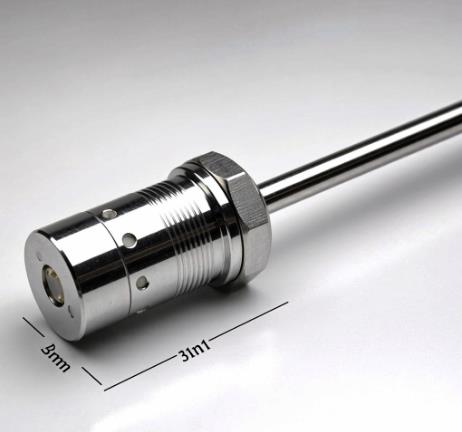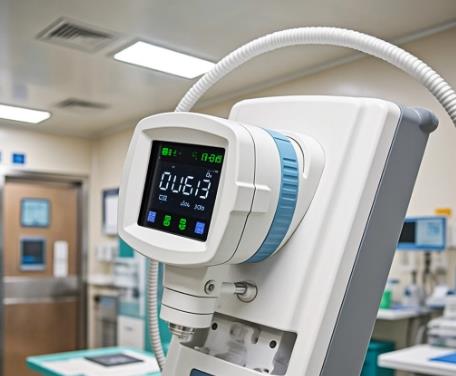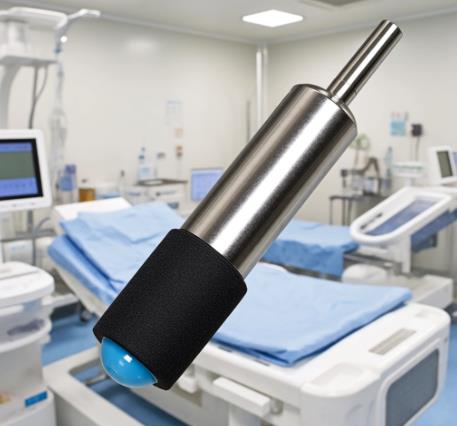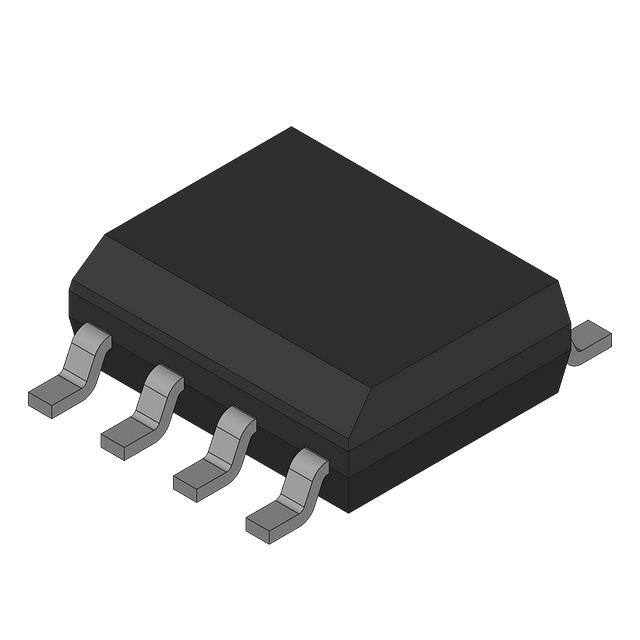Temperature sensors in medical equipment: "temperature guardians" of precision medicine
Temperature sensors, as precision instruments that can sense temperature changes and convert them into usable output signals, play an indispensable role in various fields. Its core value lies in accurately measuring and monitoring temperature, ensuring equipment safety, improving product quality, and optimizing environmental control.
Function analysis
Temperature sensors convert ambient temperature into standard signals through output methods such as resistance, current, and voltage to achieve real-time temperature monitoring. Its high-precision characteristics (such as 0.03°C accuracy) and millisecond-level response speed enable it to adapt to complex and changing temperature monitoring needs. For example, in refrigerators, sensors monitor the temperature of the cold storage room and automatically start and stop the refrigeration system to keep food fresh; in car engines, sensors monitor the coolant temperature in real time to prevent overheating damage.

Application scenarios
The application of temperature sensors covers multiple fields such as industry, medical care, and home:
Industrial manufacturing: In steel smelting and petrochemicals, sensors ensure that equipment operates within a safe temperature range and improve production quality. For example, NTC temperature sensors monitor the engine coolant temperature to ensure stable operation of car engines.
Medical equipment: Ventilators, baby boxes and other equipment rely on temperature sensors to maintain a constant temperature environment. NTC sensors monitor the airflow temperature in ventilators to provide comfortable breathing support for patients.
Smart home: Smart temperature control systems, refrigerators and other equipment automatically adjust the temperature through temperature sensors. For example, the DS18B20 sensor dynamically adjusts the water diversion valve according to the ground temperature difference in winter floor heating, achieving an actual energy saving of 18%.
In the field of medical equipment, temperature sensors play a vital role. With their high precision and fast response characteristics, they provide accurate temperature monitoring and control for various medical equipment to ensure patient safety and the effectiveness of treatment.

Temperature sensor in ventilator
In ventilators, NTC (negative temperature coefficient) temperature sensors are an indispensable key component. As an important device for treating critically ill patients, the stability and accuracy of the performance of ventilators are crucial. NTC temperature sensors can monitor temperature changes in the respiratory tract in real time to ensure that the ventilator continuously and accurately maintains the patient's respiratory function. For example, Honeywell's digital temperature and humidity sensor HIH9000 series is widely used in ventilators. It can provide comfortable warm and humid airflow and reduce the discomfort caused by breathing dry and cold air. By precisely controlling indicators such as airflow, pressure, temperature and humidity, NTC temperature sensors provide stable respiratory support for critically ill patients.
Temperature sensors in cardiac surgery
Temperature control is an extremely critical link during cardiac surgery. In order to reduce the heart temperature to protect the heart's safety, doctors need to encapsulate one or more thermistors in a probe and insert the probe into the heart muscle. These probes are connected to the monitor to provide doctors with real-time temperature information. NTC temperature sensors can continuously monitor the drop and rise of temperature to ensure the safety and success of the surgical process. For example, the NTC temperature sensor produced by Nanjing Shiheng Electronic Technology Co., Ltd. has played an important role in cardiac surgery with its high precision and stability. Doctors adjust surgical strategies based on the precise temperature information provided by the sensor to effectively protect heart function.

Temperature sensors in other medical devices
In addition to ventilators and cardiac surgery equipment, temperature sensors are also widely used in medical equipment such as baby boxes, forehead thermometers, and ear thermometers. In the baby box, the NTC temperature sensor automatically adjusts the heating or cooling device to maintain a suitable temperature range and ensure the comfort and safety of the newborn by monitoring the temperature changes in the box. In the forehead thermometer and ear thermometer, the temperature sensor is used to measure the human body temperature and provide doctors with accurate diagnosis basis. Especially during the epidemic, these devices have greatly improved the efficiency and accuracy of body temperature measurement, providing strong support for epidemic prevention and control.
Conclusion
Temperature sensors play an indispensable role in medical equipment with their high precision and fast response characteristics. From ventilators to cardiac surgery equipment, from baby boxes to thermometers, they provide accurate temperature monitoring and control for the medical process, ensuring the safety of patients and the effectiveness of treatment. With the continuous advancement of medical technology and the growing demand for medical care, temperature sensors will continue to play a more important role in medical equipment and contribute more to the health of mankind.


